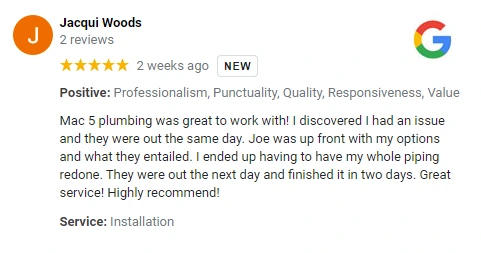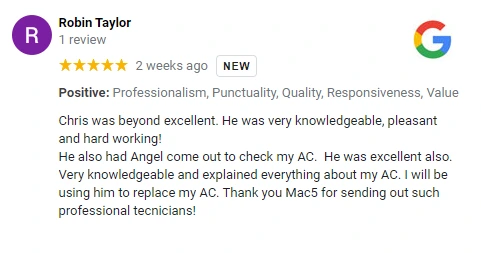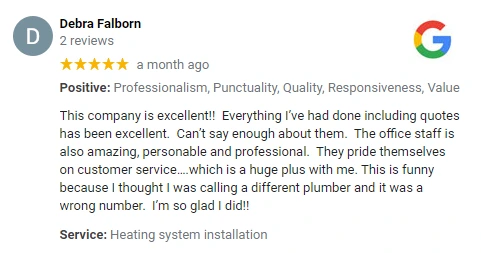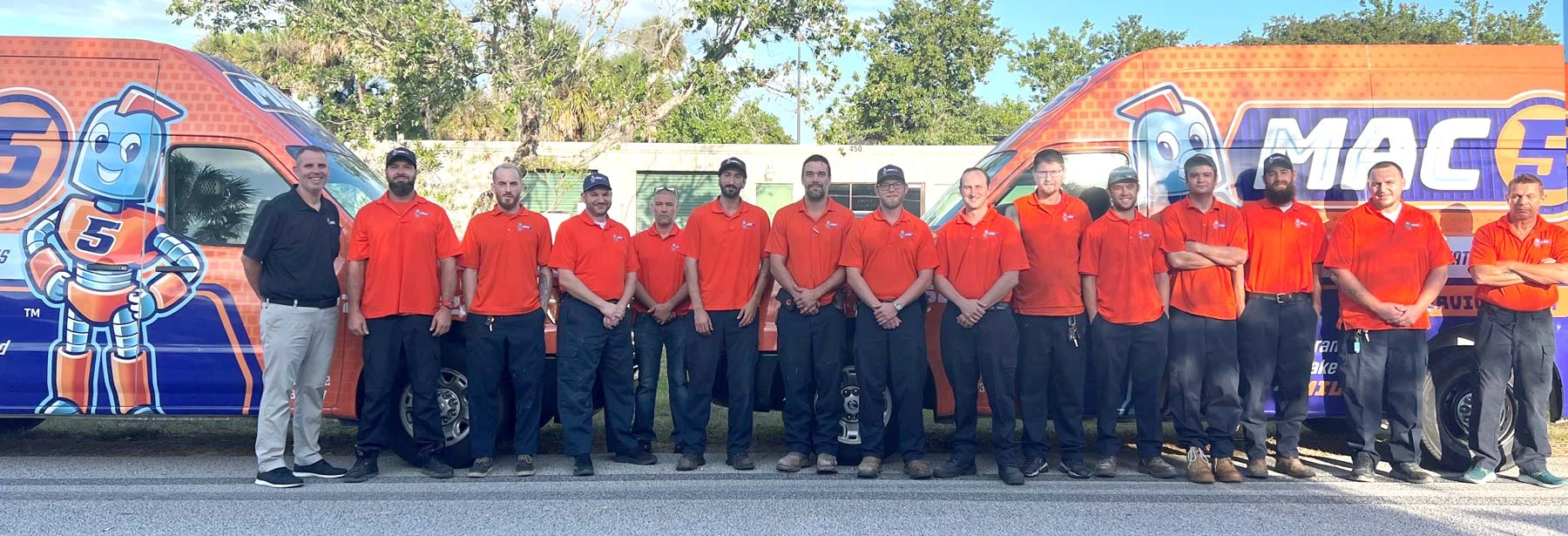A standard installation in pretty much any structure in the United States is a water heater. Everyone deserves comfortable morning showers to kickstart their day or help them wind down after a long one.
However, using it every day can wear it out quickly. A poorly maintained water heater can leak, short-circuit, or only produce cold water.
Issues with water heaters can also cause a domino effect, impacting other plumbing fixtures. The most commonly reported issue Americans face with their water heater is leaking from the tank, pipes, or showerhead.
A water heater leaking affects your water supply, running up utility bills or energy costs. We will let you know how to deal with a leaking water heater, including safety protocols for clean-ups and proper preventative maintenance.
Why is my Water Heater Leaking?
Dealing with a leaking water heater is taxing. It takes a lot of cleaning up and repairs to deal effectively with the problem. However, they are more easily caused than you think.
There are plenty of causes behind a leaking water heater, with most issues being highly preventable. However, not all problems are universal.
What’s the Deal with My Water Heater?
Not all heaters are made equal. There are different types of water heaters powered by different resources. What your water heater deals with may be particular to its type or components.
Issues with Your Water Heater
Let’s discuss the different types of water heaters, their commonalities, and the best way to troubleshoot the one you have in your home.
Issues with Water Heater: Tank-style water heaters
A water heater tank comes with all conventional heaters. A gas water heater may have a tank, making it more prone to irreversible damage.
If your water heater tank is leaking, its body may have cracks and abrasions. Still, external factors won’t always cause these scrapes. The leaking water could be within the internal tank and harder for users to spot.
The heating element and the rest of its critical components operate within the tank of a tank-based water heater. At the bottom of the tank, you will find burners, drains, and valves. Each component may cause a leaking water heater tank from the inside out.
A leaking water heater tank may be easier to remedy than other components, but they aren’t always permanent fixes. You can patch holes up and tighten valves, but a damaged or faulty component requires a professional touch.
Issues with Water Heater: Drain valve
You can find a pipe within the tank attached to an external drain valve in tank-based water heaters. While they don’t have storage tanks, tankless water heaters also have accessible drain valves.
A tankless drain valve is typically next to the shutoff valve. Some tankless heaters have their drain valve next to the cold water inlet pipe.
A broken drain valve can cause leaking water if it is loose. This can be easily remedied by tightening the drain valve and using a pipe wrench to turn the valve clockwise. However, this only works if the valve is loose and not when it is damaged.
Luckily, a dedicated shutoff valve can stop your home’s water supply line from feeding water into the tank or heater.
Issues with Water Heater: Temperature and Pressure Relief Valve
A separate valve may also cause your water heater leaking water. It isn’t the drain valve, but it may be situated near it, below, above, or beside it on the cold water inlet pipe.
The temperature and pressure relief valve (T&P valve or pressure relief valve for short) facilitates temperatures. If it is damaged, faulty, or loose, it may be unable to manage temperatures correctly.
Temperatures that are too high or too much pressure running through pipes may cause leaking water. It may eventually lead to a burst pipe. A damaged pipeline can empty your water tank, causing irreversible water damage to electrical components.
If the tank is located in your boiler room, which is typically smaller than other rooms, it may flood the entire space within minutes. A tankless water heater leaking is quicker to remedy by yourself, but only if you have the necessary skills.
How Can I Stop My Water Heater from Leaking?
Let’s get this out of the way. The first thing you should do is always to turn off the power and the shut-off valve. You can also drain the water heater using the drain valve to empty it before cleaning and repairs.
These are the most common steps you can take when encountering a water heater leak.
At-Home Remedies for Leaking Water Heater
A water heater leaking is almost inevitable for any hot water outlet. Considering temperatures and water pressure, you can almost always expect your water heater leaking in the future.
You can take steps to remedy problems when they arise, but nothing is as good as a reliable, professional service.
How to Stop A Conventional Water Heater from Leaking?
A conventional heater leaks most often from its water tank. You can stop leaking water by bridging the gap between pipes and valves or patching up the cracked storage tank.
Remember to turn off the power and water supply lines. Otherwise, your exposed outer skin may sustain minor burns from the hot water leaking. If the water tank is in a small room, turn all power off in that room by accessing its powerline in the circuit breaker.
Your water heater leaking water from its tank can fill up the room with water levels quickly rising to reach power outlets.
IF YOU SEE FLOOD: TURN OFF THE POWER SUPPLY BEFORE APPROACHING THE WATER TANK.
You are not just dealing with a little hot water. You may potentially be walking into more hazards than hot water. This is especially true for electric water heaters. Call an electrician while you are at it.
How to Stop a Tankless Water Heater from Leaking?
A tankless water heater leak is easier to remedy. There isn’t a storage component holding high volumes of water, making it easier to close off distribution.
Your water heater leaking is more plausibly caused by a faulty drain valve than cracks and abrasions in the body. Your hot or cold water supply line may be compromised, experiencing overwhelming temperature and pressure.
All these components may be remedied by tightening different valves with a pipe wrench.
Tankless water heater leaking due to drain valve, Shut off valve, or T&P valve
T&P Valve
Your T&P valve releases built-up steam that may be causing the leaky water heater. However, a T&P valve may wear out faster than other valves.
If you have a corroded T&P valve, you will need to replace it. Fortunately, they don’t design specific, and you will just need one that fits the size of the one you are replacing. However, the T&P valve is connected to a tube within your tankless water heater, and you must know its diameter to find the right size.
Drain Valve
Your drain valve can easily cause water heater leaks: too closed off, and the water heater is leaking due to an overflow. If your drain valve is too loose, the water heater leaks due to excessive pressure from the vacuum it creates.
If an electric water heater is leaking, its electrical components may have a short circuit. Its systems may affect different elements, including the drain valve. You need to call a professional to help solve this problem, as tinkering around with your electric water heater may cause further damage.
Shut off Valve
Your shut-off valve is less susceptible to corrosion but may be loose. You might be tightening it to stop the water heater leak. However, if your water heater is leaking and cannot be stopped by turning the shutoff valve, there may not be a grip strong enough to control water flow. Use a wrench to tighten it from the outside, but not all will require a separate tool to fix.
Style of Valve
If your tankless heater has a ball-style valve, you won’t need tools to tighten it. A separate handle controls a ball valve accessible from the outside. You can just turn that to the opposite side to tighten it. Similarly, a gate-style valve works the same, loosening or tightening the water flow access with an accessible handle outside.
How Can I Prevent My Water Heater from Leaking?
An ounce of prevention is always better than a pound of cure. Always follow routine maintenance to prevent a leaky water heater and other problems. It would help if you didn’t wait for issues to arise before paying your water heater any attention.
The Most Common Causes Behind a Leaking Water Heater
Besides negligence on installations and maintenance, one of these things may be causing the water heater leak.
Debris Inside the tank or pipe
Foreign objects within your tank or pipe breach its supply and operation. While your water heater produces hot water, the supply it is tapped into is often cold water, inhabitable by different objects.
Sometimes insects, particles, and mold can breed in your water supply and move into your tanks and pipes.
Clogged Drain or sediment buildup
A hot water heater leaks when there is a lack of places for water to go. The internal tank may be full without a drain to flow out of due to clogs and pollution. The water flow will eventually build up too much pressure. The high-pressure water will require more channels to get all the water out, causing water to burst from different components.
Negligence of proper Maintenance
You may prevent a lot of these causes from ever occurring. Don’t think of routine maintenance costing you now. Think of it saving you from spending more in the future. Significant leaks can run up your bills much higher than you think, and think of the damage you are saving your water heater and other plumbing fixtures from.
What Should I Do Next?
The next time you see water leaking from excessive water pressure, extreme water temperature, internal tank leaks, and cracks where two pipes connect, call a professional before more pressure builds.
Who Can I Call for Help in Melbourne, Florida?
Water leaks from the faucet or garden hose due to clogs and excessive pressure are different from problems with your hot water tank. A hot water heater should only be handled by professionals, especially gas water heaters.
Remember, just because it’s a hot water heater doesn’t mean you are only dealing with hot water. The water pressure is sometimes unpredictable, and your cold water supply infiltrating a gas line will warrant more expenses.
The most you can do is extract paper towels from drains, but don’t mess around with your gas supply or dive into the bottom of the tank.
Mac5 Services: Plumbing, Cooling, Electric, Heating, & Drains
Our team will help patch up your hot water heater leaking by cleaning everything up to the bottom of the tank. We will also conduct the necessary water heater repair it needs.
If it’s too late to salvage your current water heater, we can guide you through a water heater replacement. Maybe with a space-saving unit that is more sustainable!




No Comments yet!